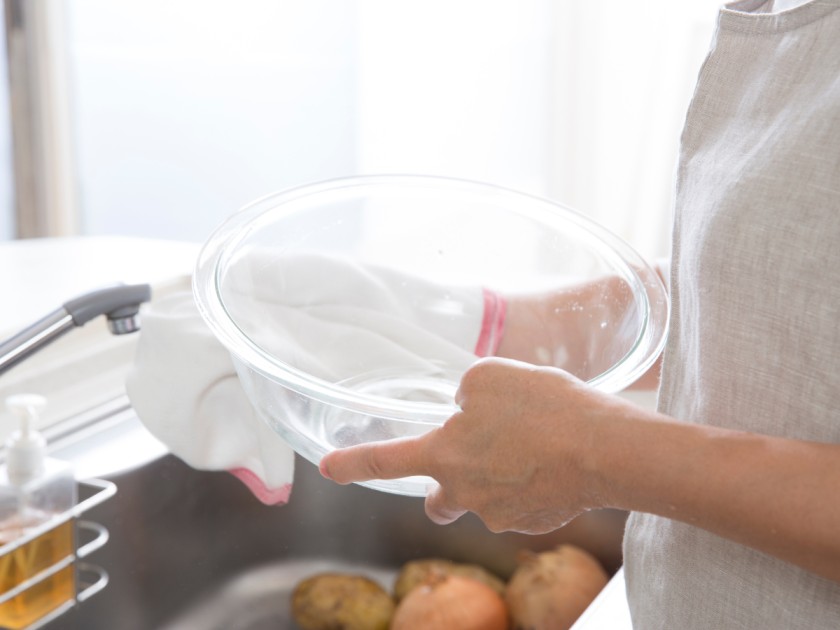Let’s say you’re now okay with being vulnerable and opening up to people about your struggles, how then do you go about asking for the help you need?
The key to getting help is to be specific about what you’re needing and asking for it directly.
You might be finding it hard to make dinner for your toddler because your baby cluster feeds at that time. Meaning one of them, toddler or baby, ends up screaming, depending on whose needs are not being met. You could ask someone ‘could you please come and help me between 5-7pm on Tuesdays?’ I’m using an example from my personal experience, but there are many examples of what might help you in your postpartum. I never actually did this – ask for help on Tuesday evenings – but I remember thinking how great it would be to have someone there, particularly on Tuesdays when my partner worked late. At times I was so stressed out doing the whole dinner/bath/bedtime routine by myself with two kids under two, I regrettably ended up yelling at my eldest. I wish I had have been more proactive in reaching out for help as this ‘wishing I could split myself in two’ situation had such a negative impact on both my son and I, and I still feel guilty about it.
People love to help!
Remember that people generally love to help – feeling useful feels good! Most people feel honoured when you ask them to help, and doing this might encourage them to ask for help when they are struggling – this is how we create community!
Outsourcing meals
It can also be useful to outsource your support crew. You could ask a friend or family member to set up a meal roster for you – www.mealtrain.com is an excellent service that offers this, and there are others online too. People who typically buy gifts for a baby will usually be happy to put their names down on a meal roster instead. I set one up for my postpartum clients – they find it so helpful to have meals sorted so they don’t have to think about cooking for those first six weeks after birth. This way, as a new parent, you’re receiving something that is helpful and will have a more significant and positive impact on you than a whole pile of cute baby clothes. Plus, think of the reduced environmental impact of giving services over physical gifts – it’s a win/win!
Outsourcing housework
For a variety of reasons, many people find it difficult to outsource housework. But if everyone who came to visit you and your baby in those first few months either hung a load of washing out, washed and put away some dishes, folded laundry, unpacked the dishwasher, cleaned the bathroom, did the vacuuming or mopped the floors, can you imagine how much less this would leave for you and your partner?
I would love to implement a rule where everyone who sets foot in the house of new parents must do something from the list above before leaving! Ideally, visitors would initiate this themselves during their visit. Still, unfortunately, this is not the norm in our culture (yet), and visitors may hesitate to offer for fear of offending you and implying your house is not clean enough! Having a list on the fridge with jobs that need doing could help.
Another option is to hire a cleaner. It can be so helpful knowing your home is getting a thorough clean once a week, fortnight or month. However, it’s still all those everyday jobs that can stack up and cause stress. Trading your opportunity to lie down/nap for a mountain of laundry is heart-breaking – something I’ve done many times and wish I had have had a better support system in place so I could have avoided this.
Outsourcing childcare
Parents with older children could set up a roster system where once a week/fortnight, someone takes their older child(ren) on an outing or for a playdate.
After the birth of my second child, my partner organised his dad to come once a week to take my eldest out for a few hours. The Grandson/Grandpa duo developed a routine, catching a train to a café and playing at the park on the way home. It was the highlight of my son’s week, and also allowed me to take my baby to a beautiful mums and bubs yoga class, which soon became the highlight of mine!
However, I still struggled with getting my son down for his sleep when we got home from yoga with baby in tow. So I asked my father-in-law if he could extend his time with us and give my son lunch when they got home and put him down for his nap. He kindly agreed, and oh my gosh, this changed my life! My son went to sleep smoothly for him, rather than taking an hour or more as he did for me (which meant I often gave up as it was just too hard juggling the baby as well). Sometimes, when the stars aligned and my baby happened to be sleeping at the same time, I would get a little shut-eye too 😉
Something I’ve started doing this year is paying a high school student to babysit for two hours a week after school, so I can get some work done, but doing this could also be beneficial in the postpartum period.
Imagine having the extra pair of hands when you have an older child to look after as well as your baby, or someone playing with your baby while you get something done, or some help with chores and shopping.
Asking a student to help has been an affordable option for our family. Even though predominantly I use the time for work, I have also spent it getting a haircut, taking my dog for a long fast-paced walk through the forest and taking my sweet time doing the grocery shopping.
Trusting others and letting go a little
Receiving help from my father-in-law meant I had to let go of ‘my way’ of doing things and trust in him to look after my son in his way. There were times when this was stressful; however, my partner helped me see it from his dad’s perspective, and over time, I learned to relax more and feel grateful for his help. My son now has the most beautiful bond with his Grandpa. Although at the time I found it hard asking for help and surrendering to the fact he did things differently to me, it helped me in such a huge way.
I know asking for help probably still feels vulnerable and uncomfortable – it’s the way we are socialised in our culture.
We don’t ask for help because we think it’s seen as a sign of weakness; we don’t want to burden people, and we believe we have to do everything ourselves. But if you look at the way other cultures support new parents during postpartum, we seem to be the ones who have it the wrong way around! In cultures where the ‘village’ is still the norm, the new mother is cared for by her community. Motherhood is a sacred time, and reverence is given to this rite of passage.
I hope this helps you a little to think about how you could ask for help during your postpartum period (or at anytime really!).
I would love to hear more examples of what this has looked like for you!





